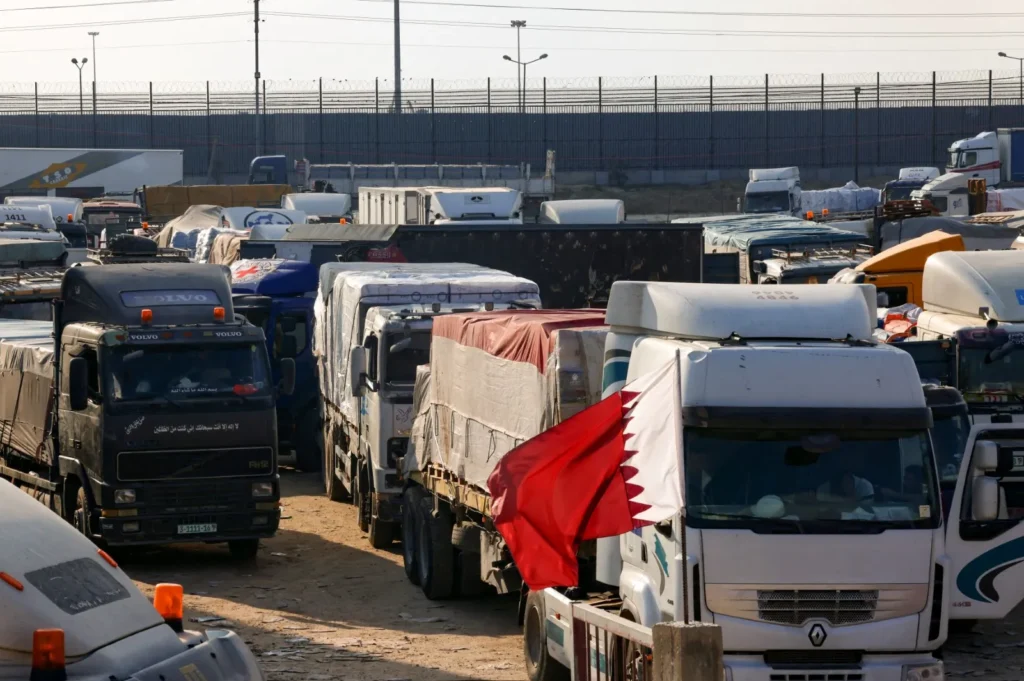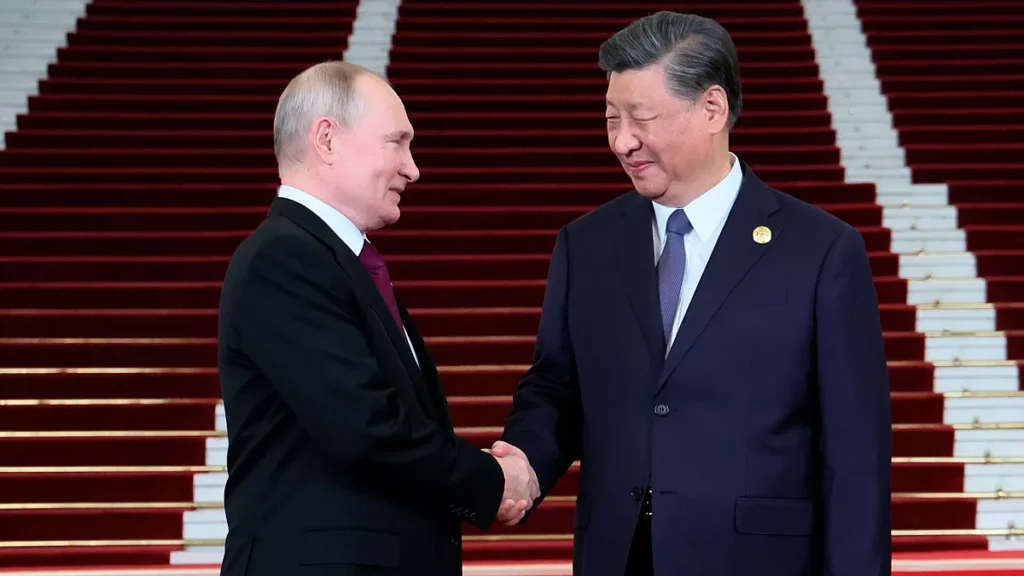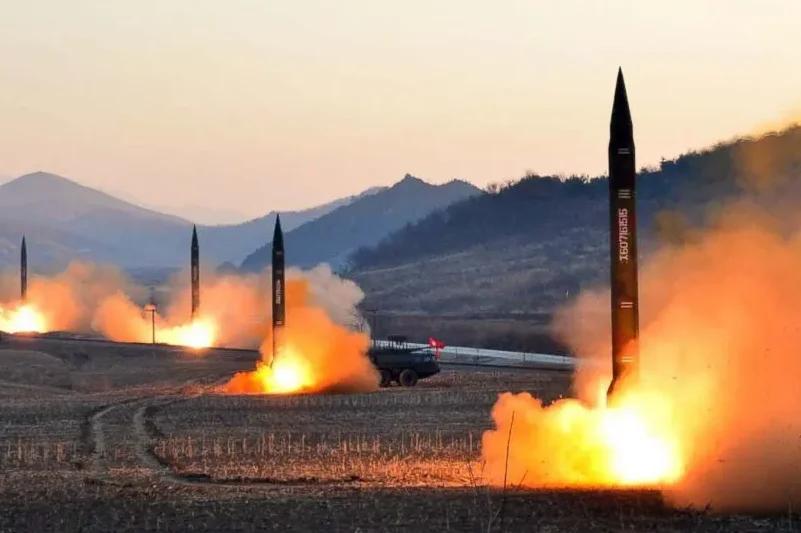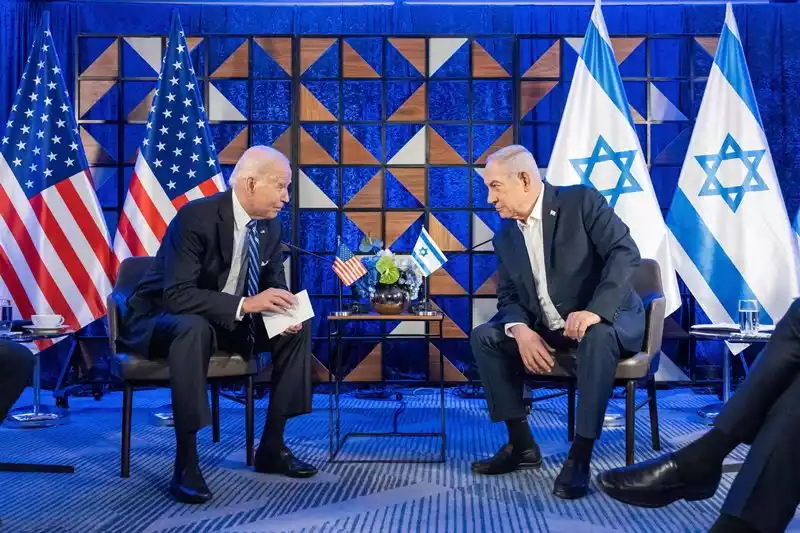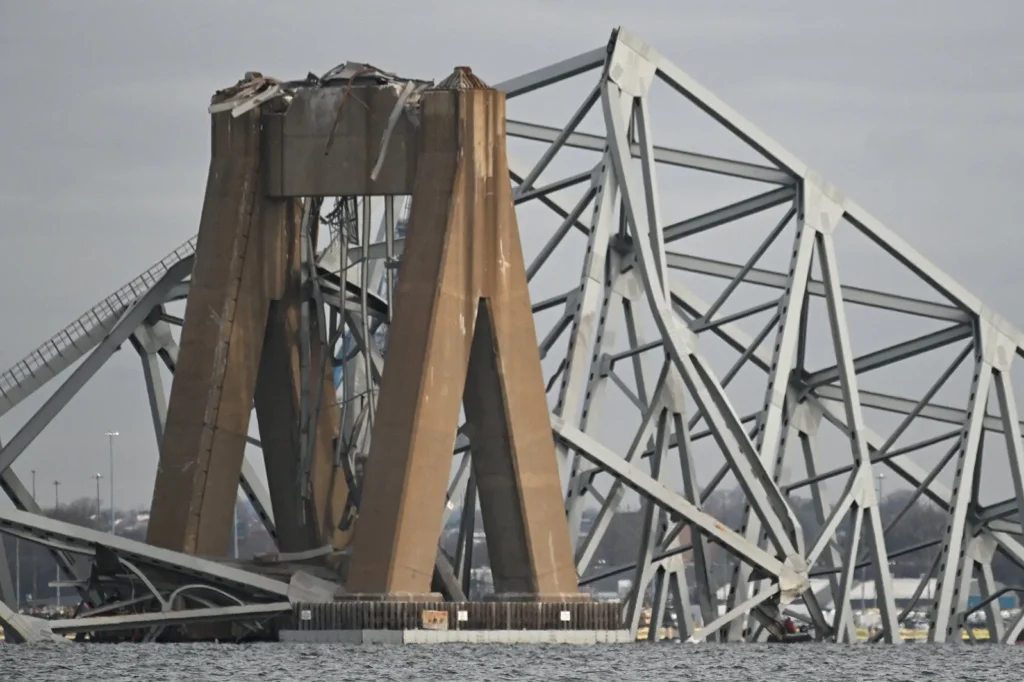Aspects of the referendum in Ecuador
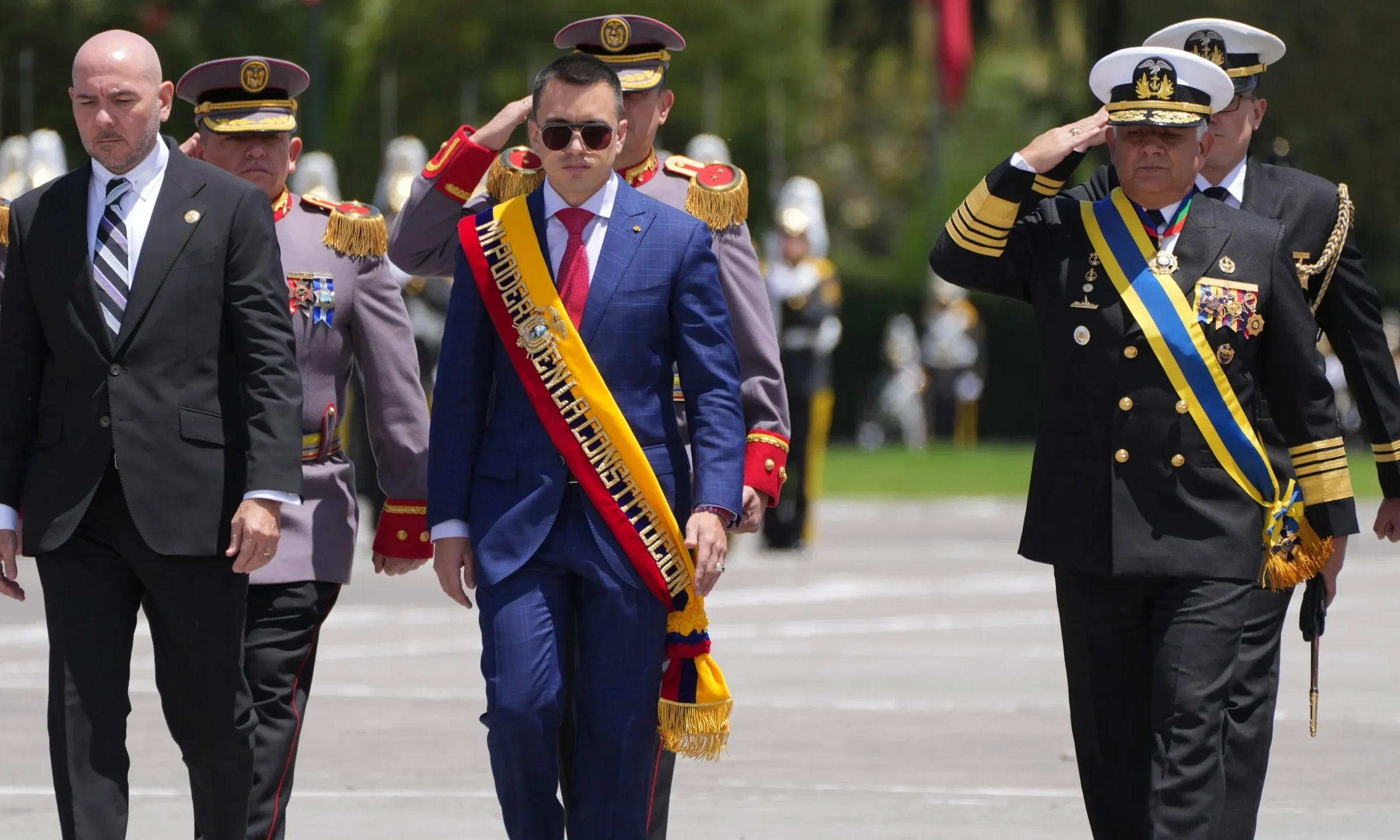
This Sunday, April 21, there will be a referendum in Ecuador, and Ecuadorians will go to the polls to express their support or rejection to the 11 questions of the popular consultation.
The referendum in Ecuador is part of the consultation promoted by the president of Ecuador, Daniel Noboa.
Most of the referendum questions in Ecuador are related to security, such as the role of the armed forces in the fight against organized crime, the increase of penalties for serious crimes and the possible extradition of Ecuadorians.
Ecuador is going through a deep public security crisis, registering around 8,000 violent deaths in 2023, the highest homicide rate in Latin America.
But also, there are other referendum questions in Ecuador that have generated controversy such as hourly labor contracts and international arbitration for investment and commercial matters.
Although at the beginning of March Noboa was the president with the highest popularity in South America -62.5%- according to the CB Consultora poll, the first weeks of April have not been easy for the president, who is playing a great part of his political capital this Sunday.
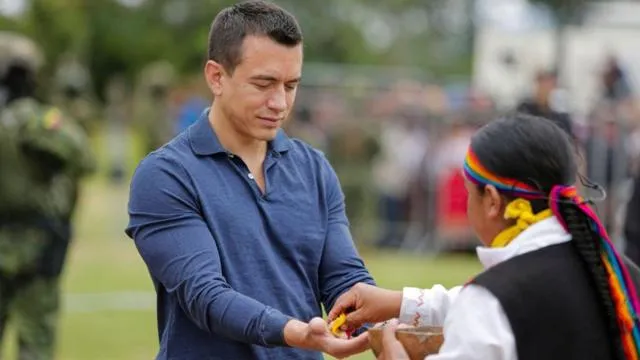
What you should know about the referendum in Ecuador
The assault on the Mexican embassy in Quito (which occurred on Friday 5 with the purpose of capturing former Vice President Jorge Glas) brought some important costs, such as the break of diplomatic relations with the country led by Andres Manuel Lopez Obrador, the condemnation of the Organization of American States (OAS) and the closure by Venezuela of its embassy and consulates in Ecuador.
In addition, the Andean nation is suffering a serious energy crisis that has led Noboa to declare an emergency in the electricity sector, to carry out “temporary rationing” (with cuts of up to 5 hours a day), and to suspend the working day for two days (Thursday, April 18 and Friday, April 19).
Here we tell you what is at stake with the referendum and what the approval of the proposed reforms could mean for Ecuador.
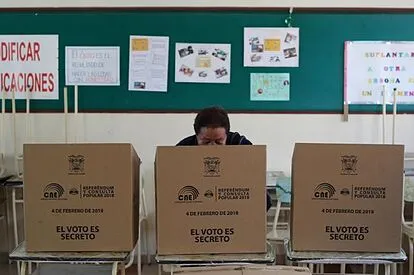
Aspects of the referendum in Ecuador
One of the objectives of the referendum in Ecuador is to allow the complementary support of the military to the police without the need to decree states of exception.
This would require a partial reform of the Ecuadorian Constitution. If approved, the Armed Forces could give their support for a period of 180 days (plus another 30 extendable).
Ecuadorians will have to answer whether or not they agree with increasing penalties in cases such as terrorism, organized crime, murder, contract killings, human trafficking or arms trafficking, among others.
Another element of the referendum in Ecuador goes beyond security issues; the referendum also covers other topics.
One of them has to do with reforming the Ecuadorian Labor Code to legalize fixed-term and hourly work contracts, something that the current Constitution of that country does not consider valid.
This could be applied when a contract is entered into for the first time between an employer and a worker.
Although Daniel Noboa won Ecuador’s presidential elections in October last year, he knew that his term at the helm of the country would be short: only until May 2025.
The referendum in Ecuador can be seen as a consultation of the right. If he wins, all those factions will accept Noboa as their leader.
READ MORE: MEXICO DECIDED TO BREAK OFF RELATIONS WITH ECUADOR.

